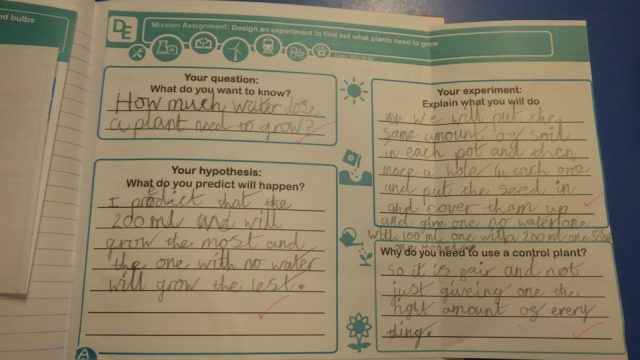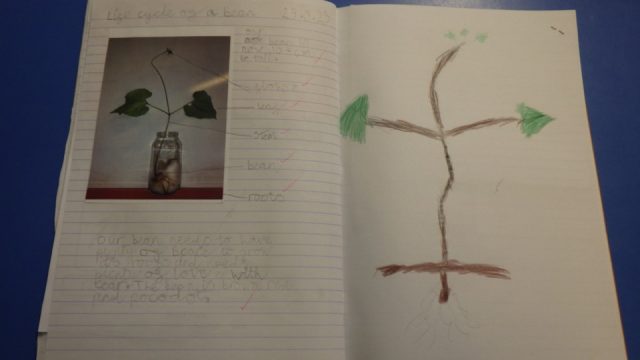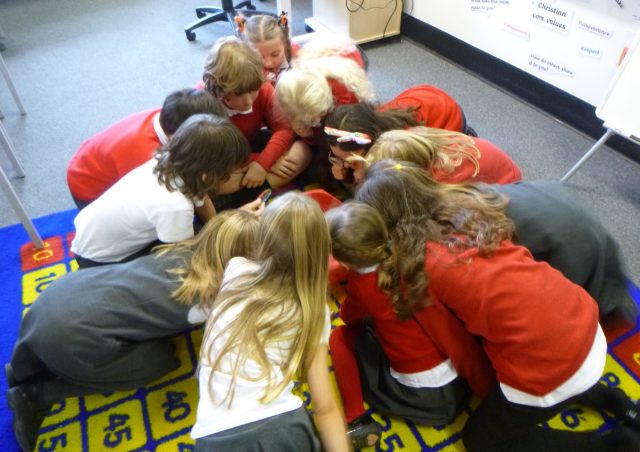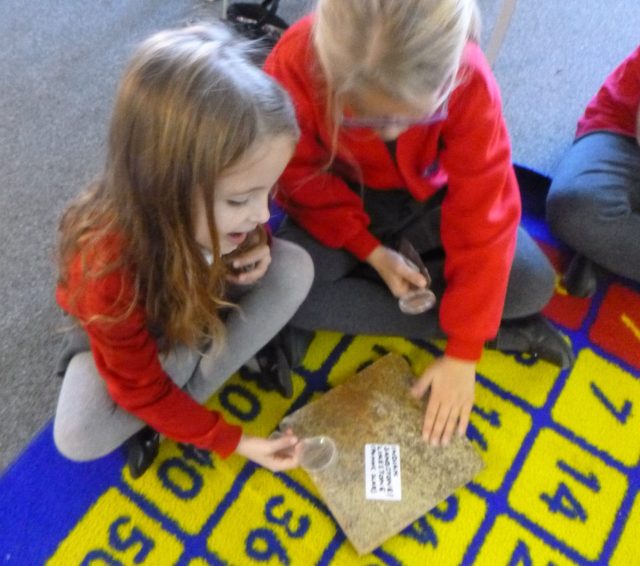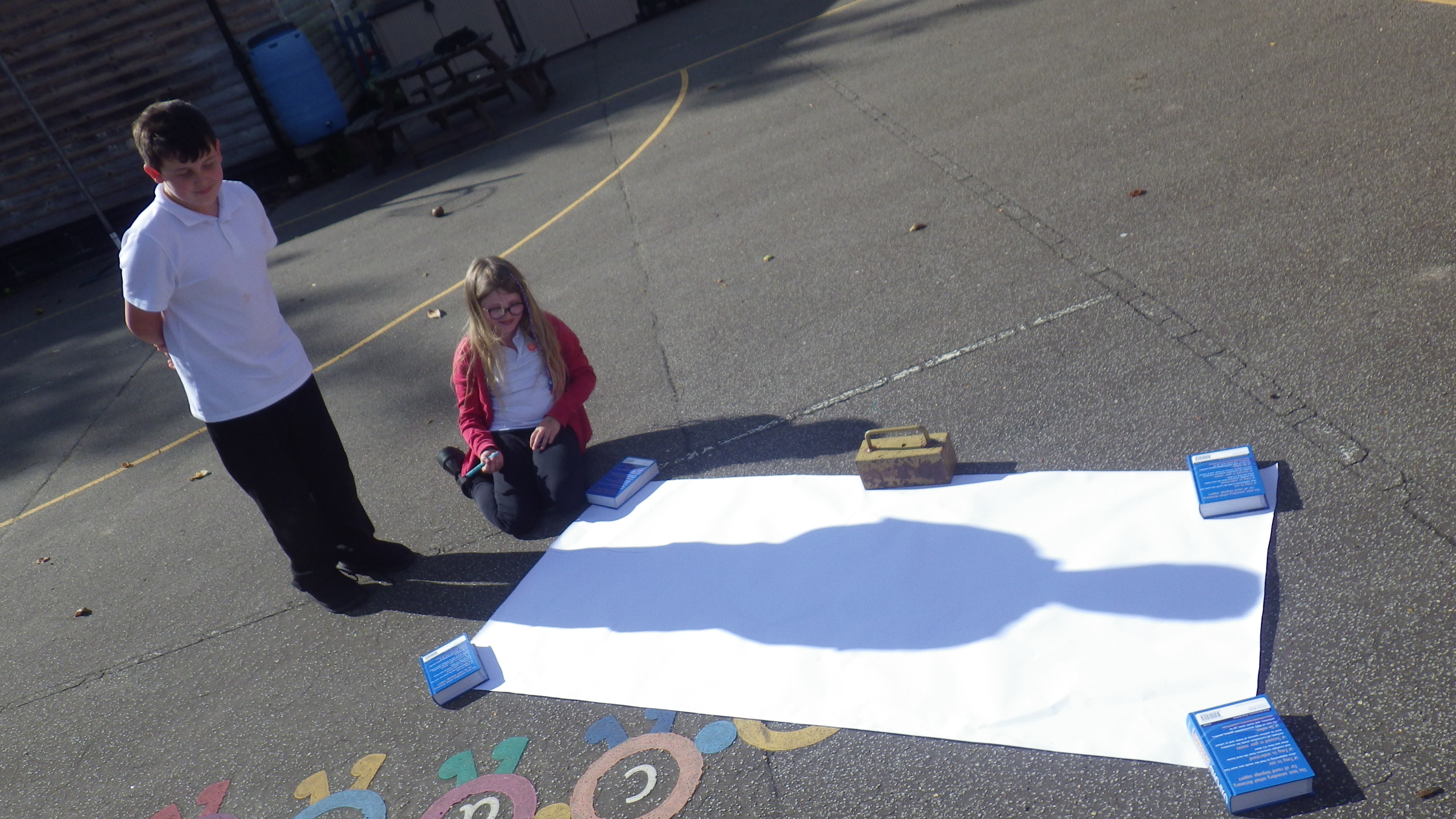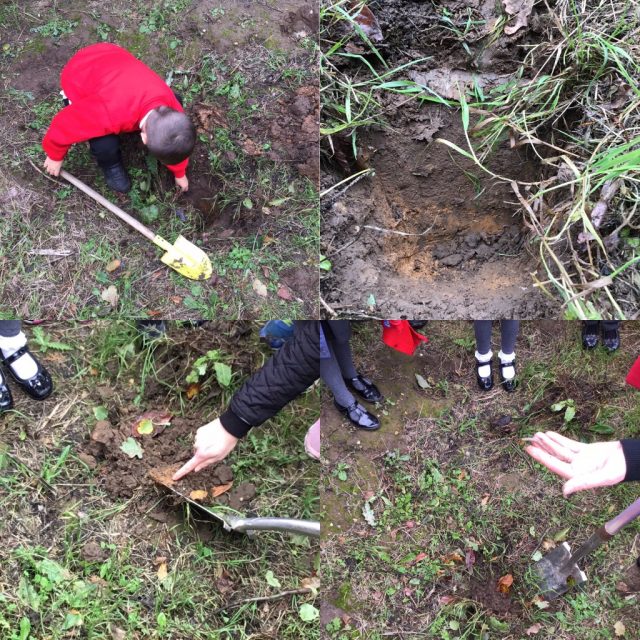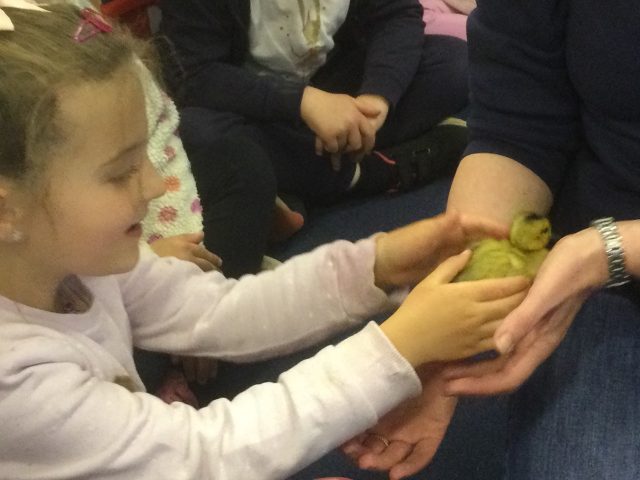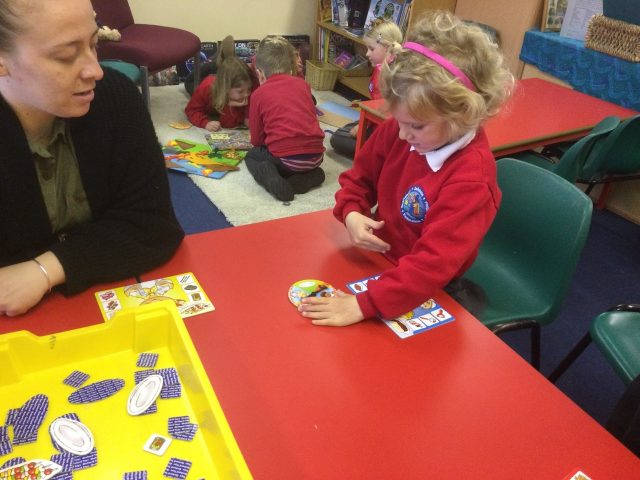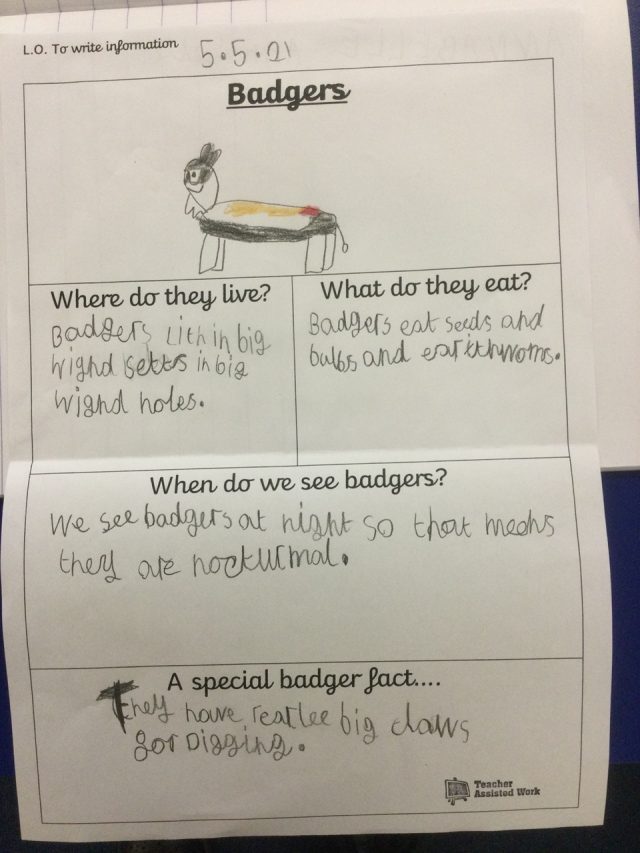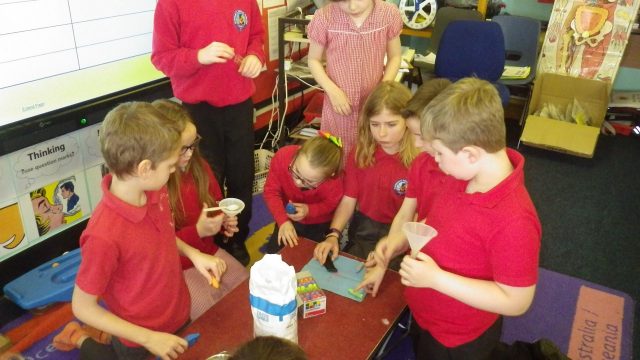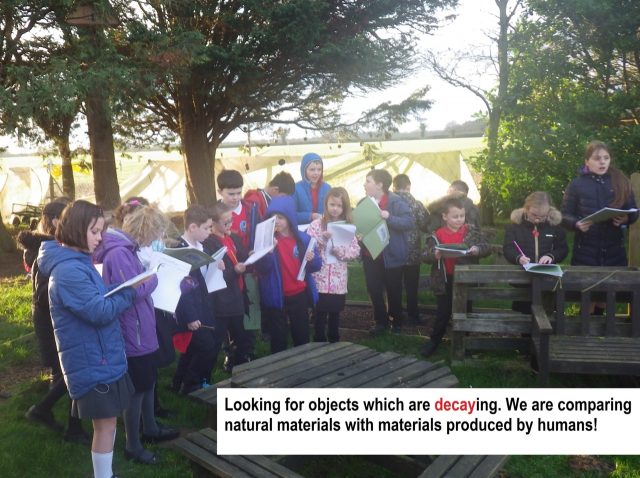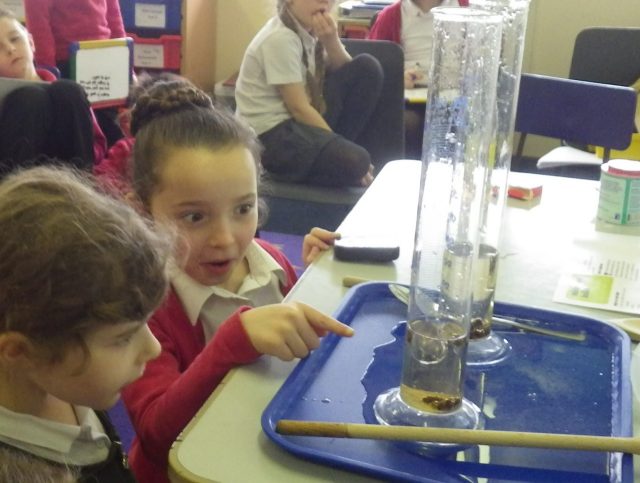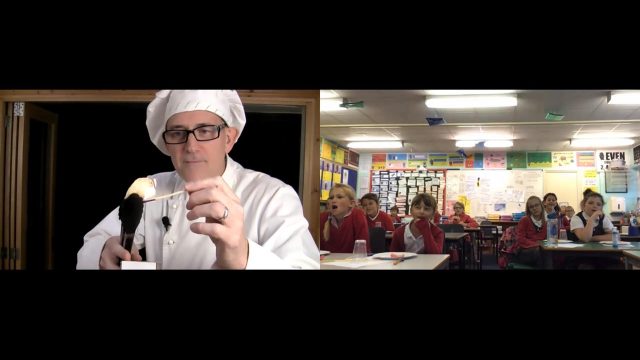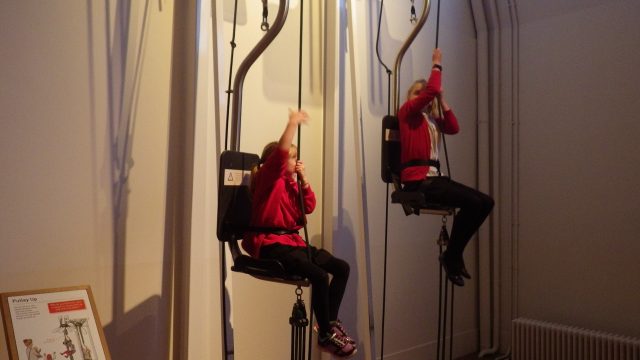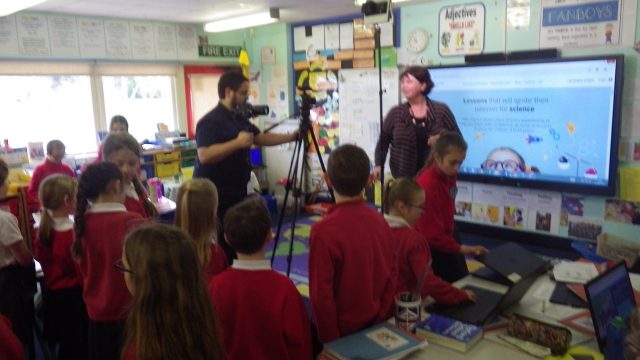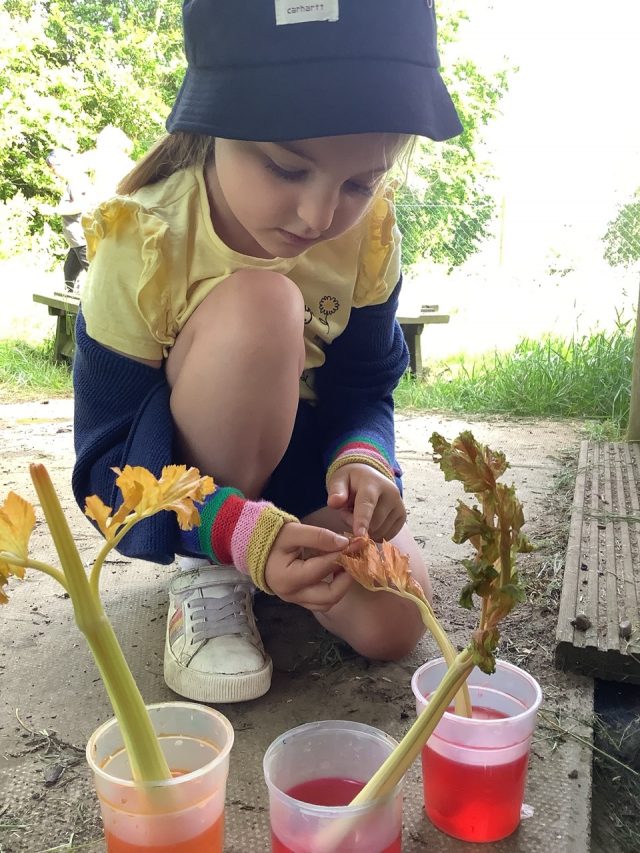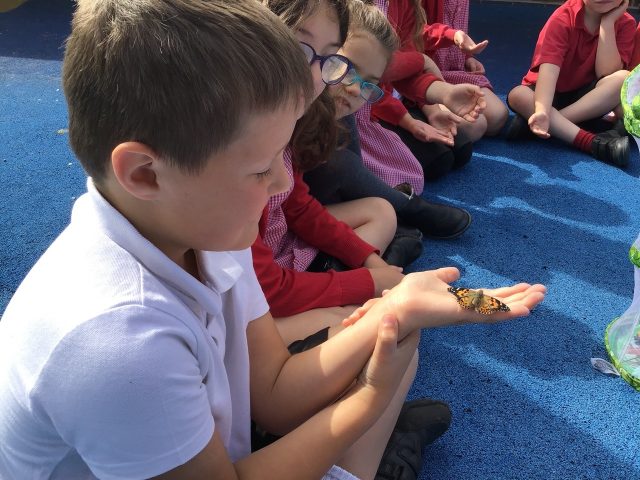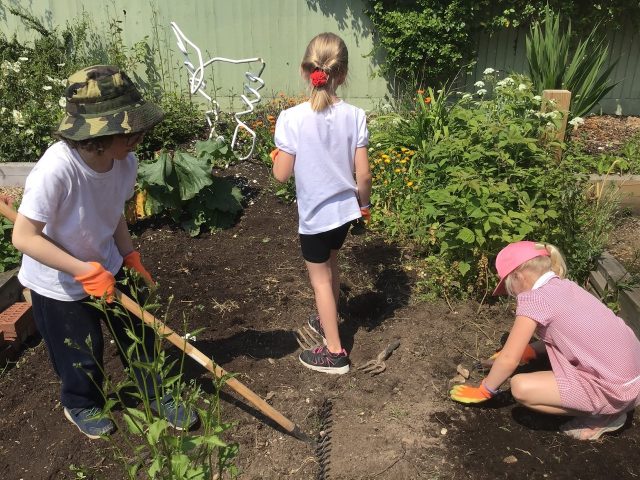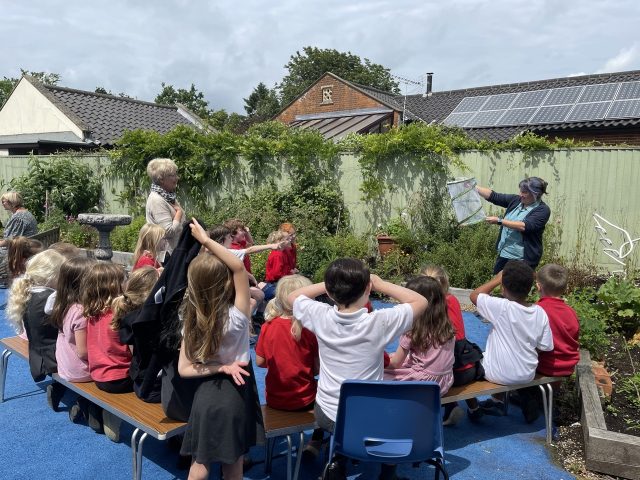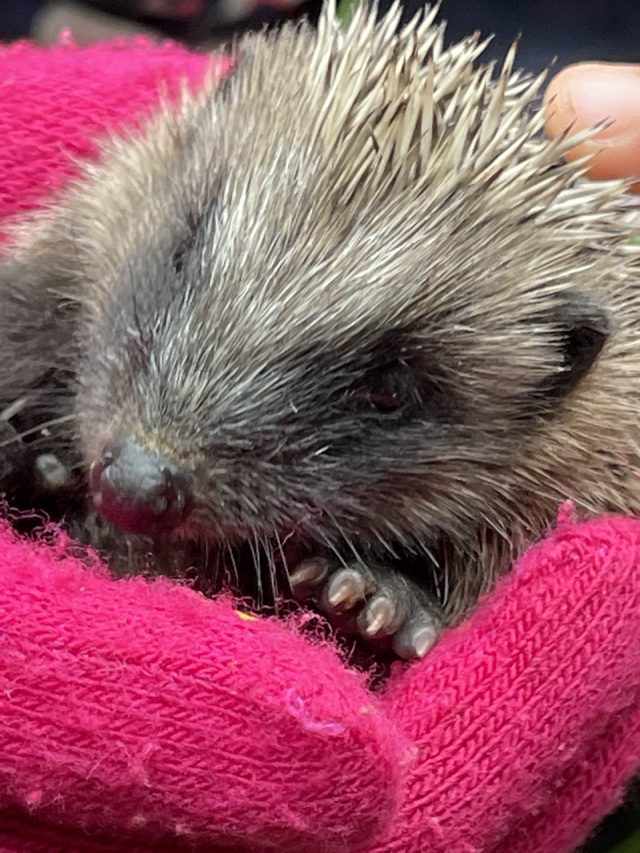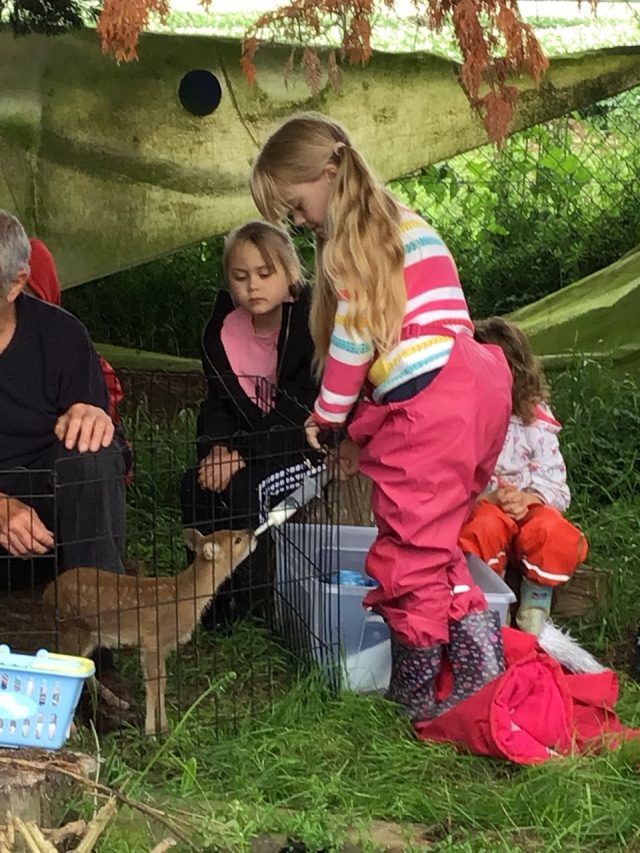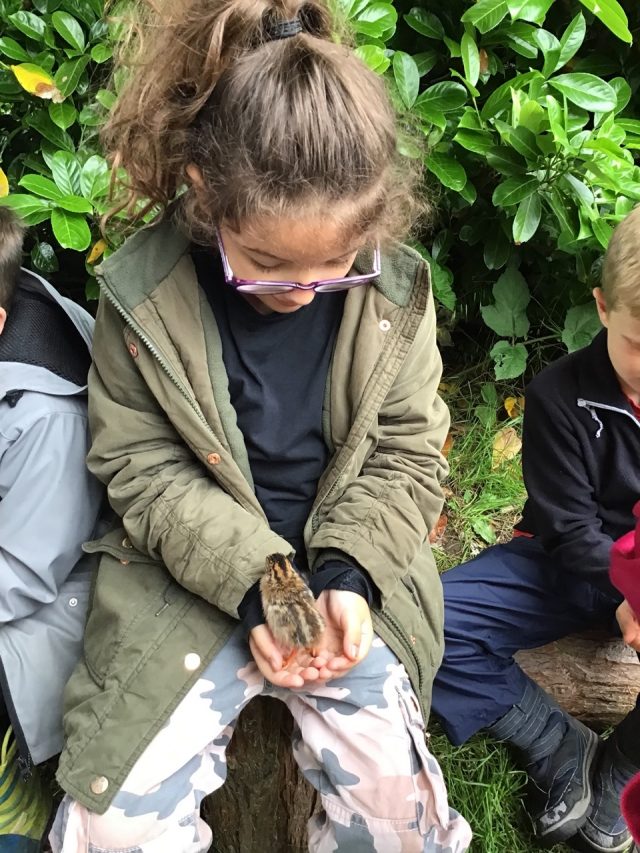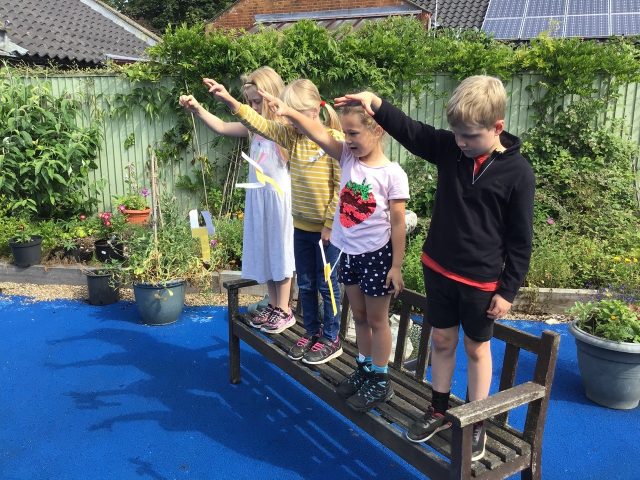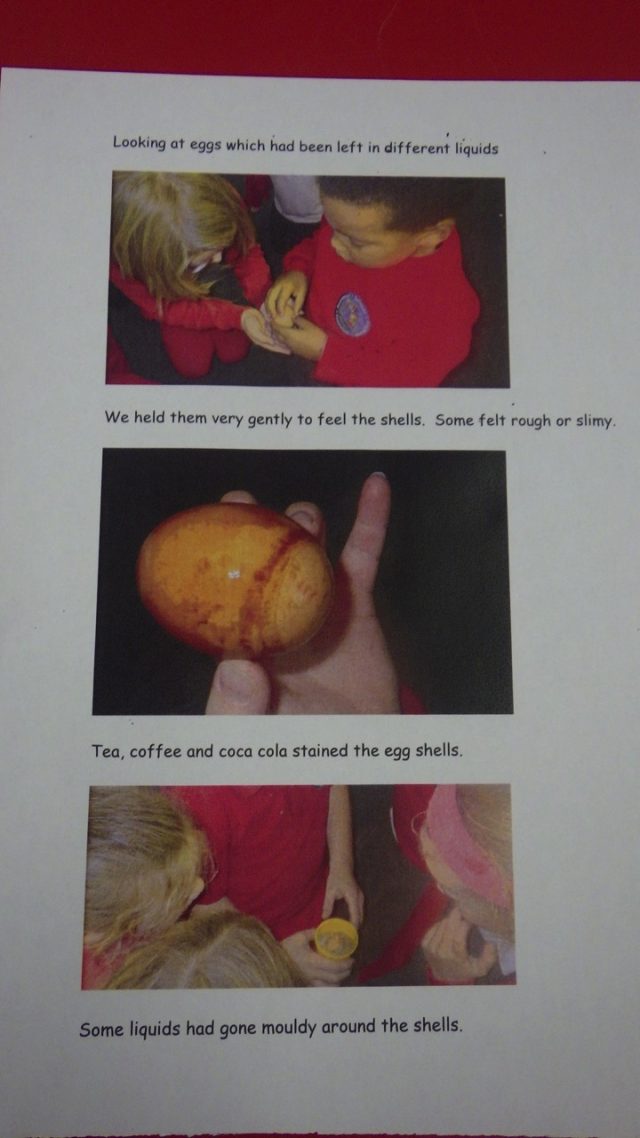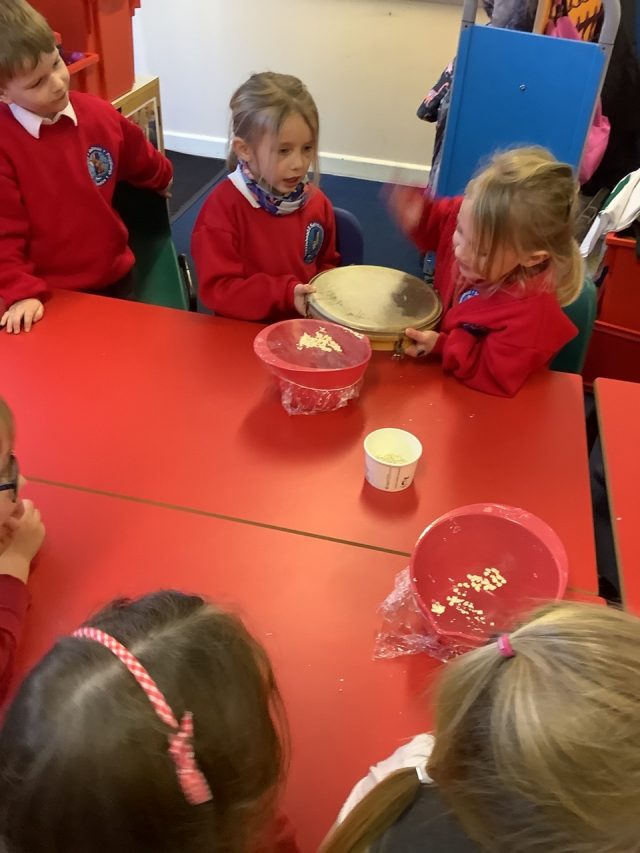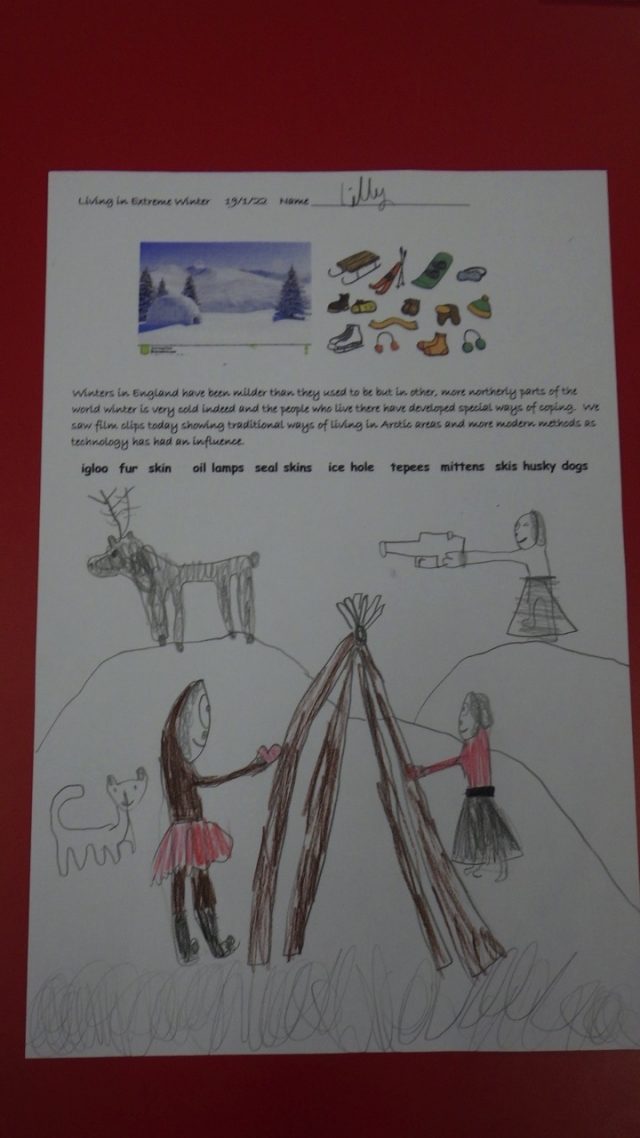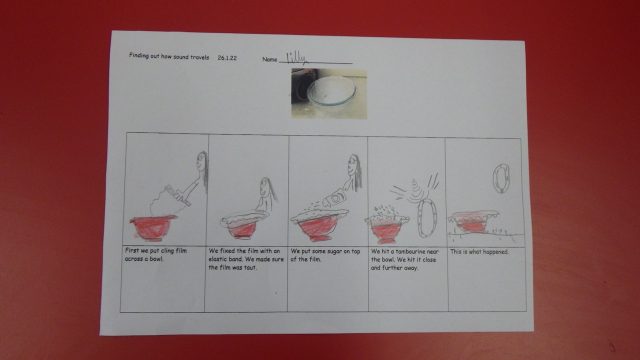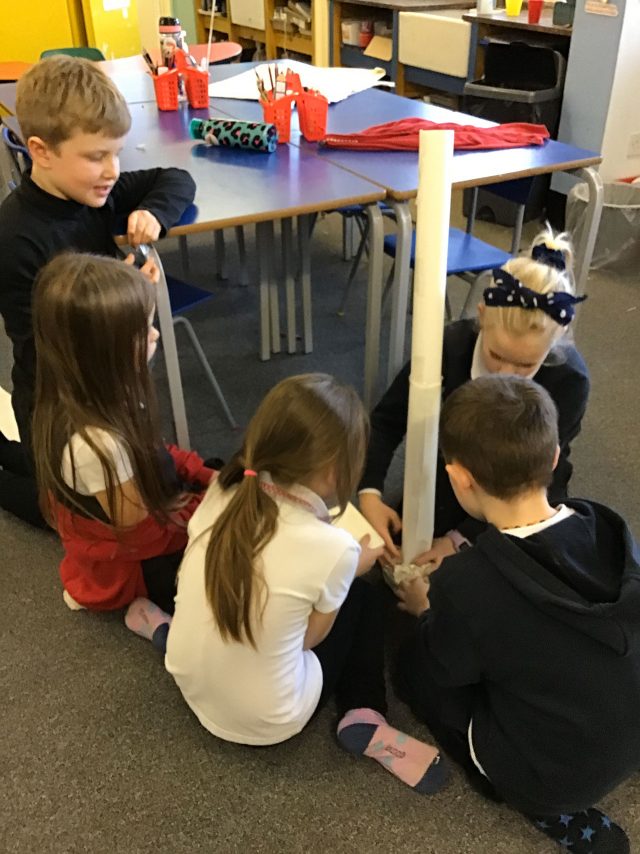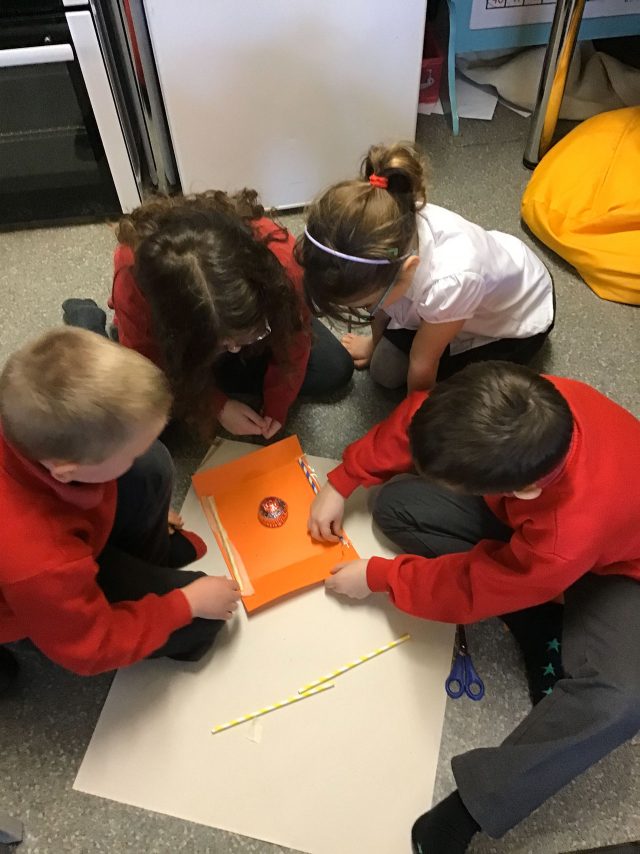We want our children to develop an understanding of the nature, processes and methods of science through different types of science investigations that help them to answer scientific questions about the world around them. We want to equip them with the scientific skills required to understand the uses and implications of science, today and for the future. We understand that it is important for lessons to have a skills-based focus and that the knowledge can be taught through this. We encourage children to be inquisitive throughout their time at school and beyond. The Science curriculum fosters a healthy curiosity in children about our universe and promotes respect for the living and non-living. We believe science encompasses the acquisition of knowledge, concepts, skills and positive attitudes. Throughout the programmes of study, the children will acquire and develop the key knowledge that has been identified within each unit and across each year group, as well as the application of scientific skills. We ensure that the Working Scientifically skills are built-on and developed throughout children’s time at the school so that they can apply their knowledge of science when using equipment, conducting experiments, building arguments and explaining concepts confidently and continue to ask questions and be curious about their surroundings.
Science will link to the overarching theme for each term. This is a strategy to enable the achievement of a greater depth of knowledge as children will use and apply their skills across the curriculum as well as revisiting key knowledge to ensure that it is embedded.
Through our planning, we include problem solving opportunities that allow children to find out for themselves. Children are encouraged to ask their own questions and be given opportunities to use their scientific skills and research to discover the answers. This curiosity is celebrated within the classroom. Planning involves teachers creating well-resourced engaging lessons to aid understanding of conceptual knowledge. Teachers use precise questioning in class to test conceptual knowledge and skills, and assess children regularly to identify those children with gaps in learning, so that all children achieve and progress. Subject-specific vocabulary is used to enrich pupils’ language.
We build upon the learning and skill development of the previous years. As the children’s knowledge and understanding progresses and deepens, they become more proficient in selecting, using scientific equipment, collating and interpreting results. They become increasingly confident in their growing ability to come to conclusions based on real evidence.
Teachers demonstrate how to use scientific equipment and the various ‘working scientifically’ skills in order to embed scientific understanding.
Teachers offer opportunities to develop children’s understanding of their surroundings by accessing outdoor learning and the use of visits and visitors. Evidenced based scientific Apps are used to support learning which can be accessed at home and school.
Science is a presented as a subject to enjoy and as one which is full of awe and wonder
The successful approach in our school results in a fun, engaging and high-quality science education that provides children with the foundations and knowledge for understanding the world. Our engagement with the local environment ensures that children learn through varied and first hand experiences of the world around them. Frequent learning outside the classroom is embedded throughout the science curriculum. Through various workshops, trips and interactions with experts, children have the understanding that science has changed our lives and that it is vital to the world’s future prosperity. Children learn the possibilities for careers in science ensuring that children have access to representative and positive role models within the field of science from the immediate and wider local community. From this exposure to a range of different scientists from various backgrounds, all children feel they are scientists and capable of achieving. Children enjoy science and this results in motivated learners with sound scientific understanding. Formative and summative assessments demonstrate the progress pupils make within Science.



